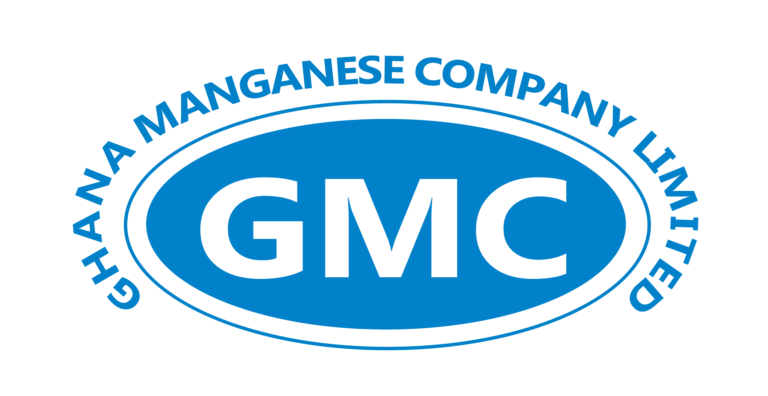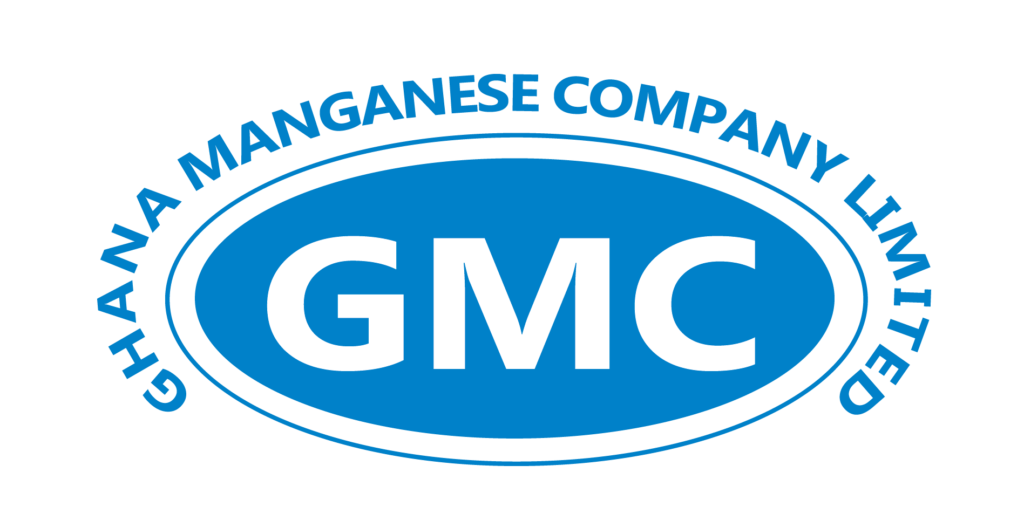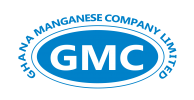GMC recognizes that good environmental practice is critical to good operational performance and to build a community of trust and acceptance.
According to our sustainability policies, we incorporate environmental management into all areas of operations to manage the risk and potential impacts throughout our mine life cycle. We operate beyond legal compliance to deliver against our social license obligations and strive for leading practice to meet community expectations.
We have a social responsibility to not only achieve all legislative compliance expectations but strive for leading practice and to meet the expectations of the communities we operate within.
Here in GMC, being an environmental steward is, proactively identifying and managing the potential environmental risk associated with our operations to avoid depletion or degradation of natural resources and allow for long-term environmental quality. The practice of environmental sustainability helps to ensure that, the need of today’s population is met without jeopardizing the ability of future generations to meet their needs.
Ghana manganese company Ltd operates with the following guiding principles:
- Compliance with all environmental regulations within the country and other global standards.
- Minimizing the environmental impact of our water usage and waste generated by our operations
- A cost-effective and sustainable method of stabilizing and reclaiming land.
- Reducing air quality emissions
Environmental Incident
Management
- We are committed to communicating with relevant stakeholders about environmental issues or concerns.
- We report environmental incidents and hazards in our engagement meetings.
- We undertake incident investigations both actual and potential to identify and implement appropriate preventive and remediation measures.
- We manage and report environmental incidents according to regulatory and internal requirements.
Water Management
Water is a fundamental resource for life. Whether from groundwater or surface water source, availability of and access to water that meets quality and quantity requirements is a critical need of our communities and the mine. GMC shares responsibility for meeting this need now and in the future.
Communities close to mine sites may be concerned about the availability of water, the security of their access to it and, the potential for water contamination. This has prompted the need to engage in prioritizing water management.
How We Are Prioritizing Water Management
- Maintaining the quality of the water we use in the communities where we operate
- Avoiding pollution of water bodies in and around our operations
- Constant testing of water quality within our laboratory and in certified independent laboratories.
Our Commitment
- Environmental Health and Safety Policy
UN Global Compact
Rehabilitation and Mine Closure
As the short-term custodians of the land in which we operate, we acknowledge mining as a limited resource. As such, the need to integrate future land use into planning is our goal. Even in the closure, we want to maximize the value of the asset for the local community and aspire to relinquish our mining lands for future sustainable purposes, be it traditional land use, conservation, or agriculture.
Engagement on mine closure planning with the regulators, the community, and industry enables us to achieve our objectives to be environmentally and socially responsible.


